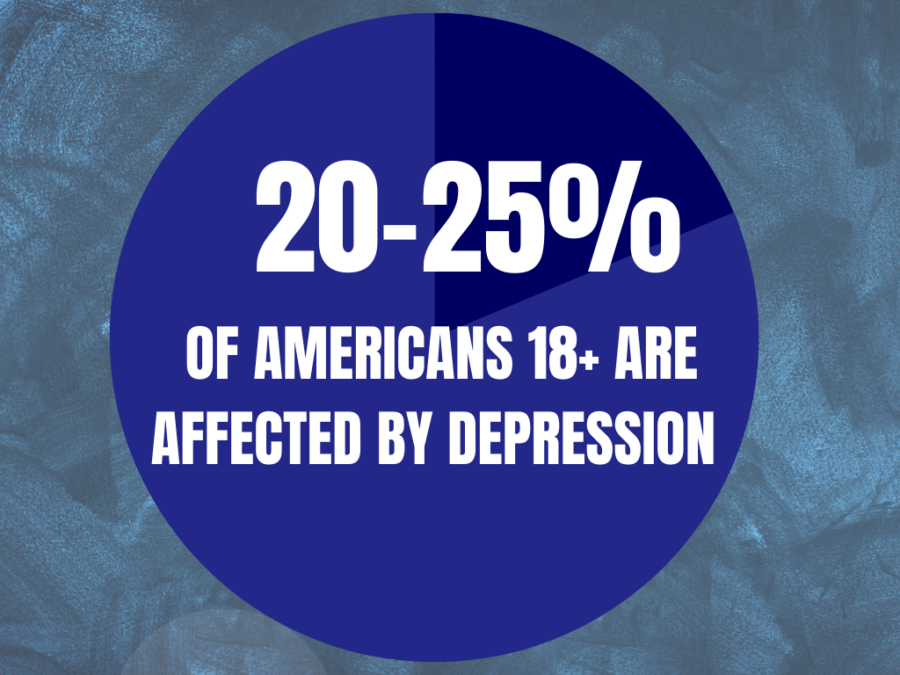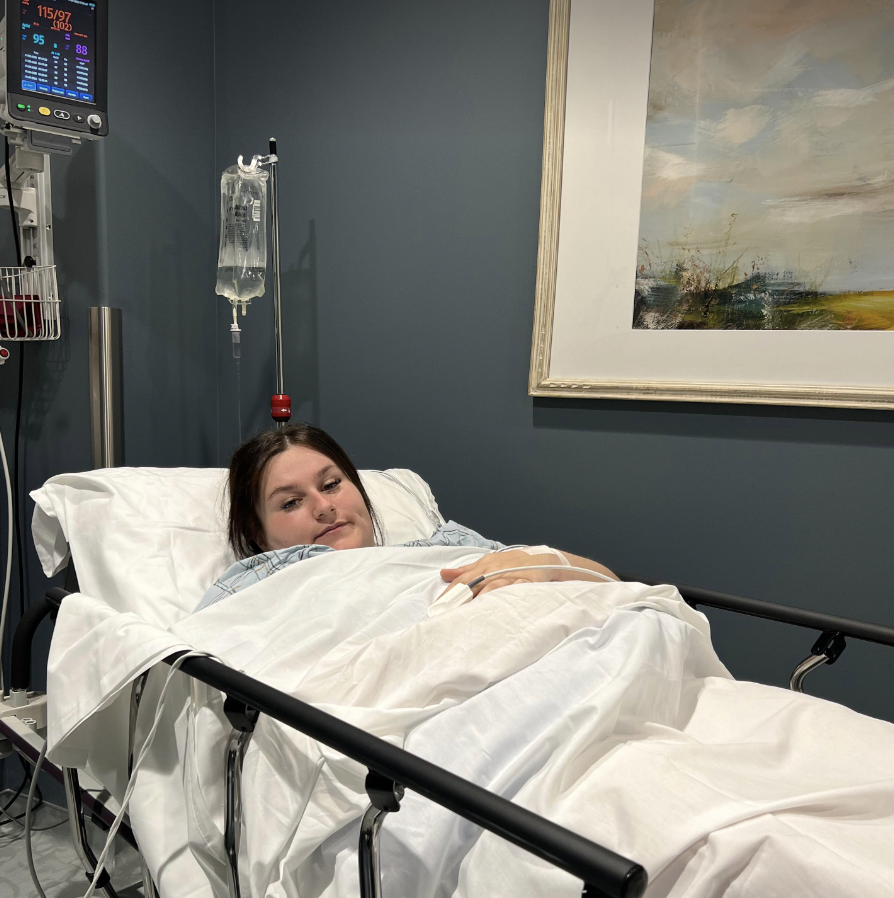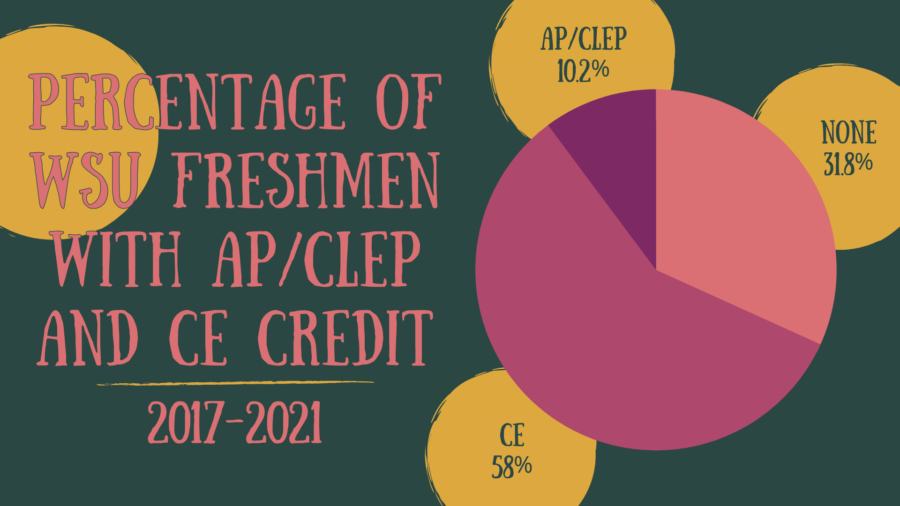Graduate students from a variety of fields came to answer questions about grad school on March 15.
The fields represented were the social work, psychology, criminal justice, philosophy, sociology and geography departments.
Representing sociology were Andrew Hyder, Jay-Paul Werner and Stephanie Quinn. Quinn encouraged students thinking about graduate school to attend, even if it means taking out loans.
“Don’t let loans scare you,” Quinn said. “I love what I do, so I am willing to work to pay it off even if it takes ten years.”
Hyder commented on the stereotype of being too forward when it comes to the admissions process. He said students should not feel guilty about being eager to get into the program.
Hyder gave advice when it comes to choosing a graduate school. He said to consider all factors that seem trivial but matter in the long run. The environment, culture and opportunities outside of the classroom are vital to the decision-making process.
“Don’t just look at the programs that are listed top ten in the nation or whatever,” Hyder said.
Werner added that he looked at the people who came out of the school and where they ended up. He encouraged prospective graduate students to find current students or alumni and sit down and pick their brains about where they are now, where they are headed and what they would’ve done differently.
“You have to look at whether you would be happy being where they are now, one day,” Werner said.
The criminal justice department was represented by Christoffer Binning and Cooper Maher. Maher pointed out that the Master’s of Criminal Justice degree has no required standardized test; often, graduate programs require applicants take a standardized test to get in.
Program representatives generally agreed that the test is nothing like the actual program and is often much harder than the work in the program. Representatives also agreed that graduate school is easier material than undergraduate programs but requires more work of students — with the exception of Binning, who maintained that law school increases in difficulty.
Political science had the largest representation with Michael Hepworth, India Nielson, Colt Jarvis and Zachary Stickney. Stickney is a PhD candidate at the University of Utah.
Jarvis drew laughs from attendees after bluntly stating a common issue he sees among graduate students. He said he was asked what type of research he’d like to perform, and he said since he was studying political science, he’d like to write about political science.
His overall message was to not sweat the small stuff. He recognized that students may change their minds multiple times and have no idea what they will specifically study, but that’s okay.
Stickney noted the importance of being involved while enrolled in the program. As a research assistant, he was able to obtain his degree with nearly no debt.
Psychology program representative Emma Mark added on to that idea, noting that it is important to find a good balance between work and school.
“Sometimes you have to decide to go part-time at work to be able to get that part-time internship that will get you the connections and experience you need,” Mark said.
Ammon Fawcett, also representing the psychology program added on to what Werner said about researching graduate programs. Fawcett maintained the importance of looking and the day-to-day lives of graduate students and deciding if that’s a good fit.


















